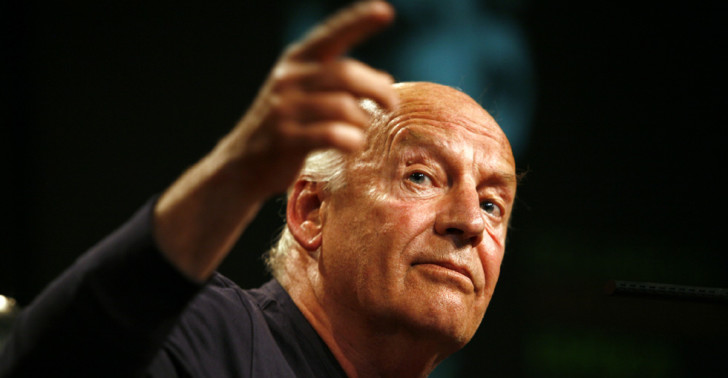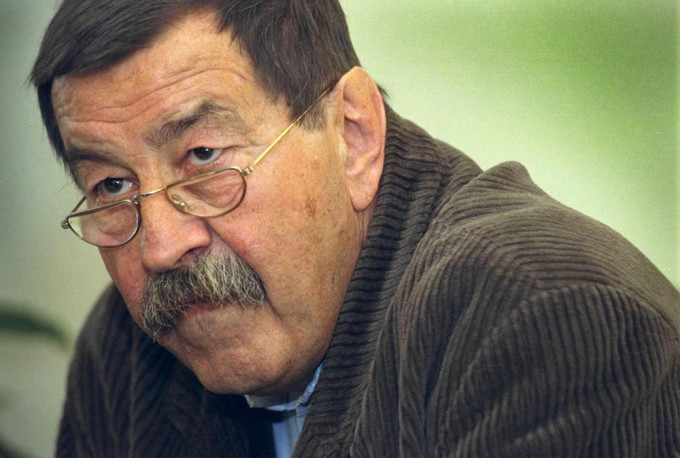
A painful confluence: Eduardo Galeano and Günter Grass have died
Uruguayan writer Eduardo Galeano died on Monday (April 13) in Montevideo at the age of 74. He had been hospitalized because of lung cancer. Hours earlier, on the other side of the world, Günter Grass, winner of the Nobel Prize for Literature, died in the city of Lübeck, Germany, at age 87.
Progreso Weekly pays homage to them through the words of a Cuban writer who, in a few lines reviews the most important facets of these creators, who transcended the world of literature to become critical observers of the societies where they lived.

*****
Leonardo Padura, one of the best-selling Cuban writers in recent years, the author of such well-known novels as “The Novel of my Life,” “The Man Who Loved Dogs” and “Heretics.”
One usually talks about happy coincidences and painful coincidences, to the point that these expressions become hackneyed formulas. On this occasion, the deaths of two great intellectuals come within a few hours of one another in an almost obscene choice of fate (perhaps divine) that manages to fill that phrase with meaning: it is a true painful confluence.
Günter Grass, Nobel laureate for Literature, one of the critical consciences of his country and the world, has died in Germany. Eduardo Galeano, the fiery Eduardo who helped us to maintain a critical awareness of Latin America and the world in which we live and shall live, has died in his native Uruguay. Thus, in one blow, the universal intelligentsia has lost these two eternal nonconformists, true organic intellectuals bound to their commitment to humanity and literature.
While the experience of the enthronement of German national-socialism and the war marked Grass’ life and work, the enthronement of the revolutionary dream, its frustrations and the utopia of its redefinition accompanied Galeano’s work all the way to his final writings. His visions of the world were always critical and steely, the consequence of a civil and ethical commitment that both men exhibited to a superlative degree.
It’s not just European, Latin American and universal literature that suffer from these confluent losses. Human society also loses because Günter Grass and Eduardo Galeano were two of their most admirable exponents. The ability of these intellectuals to make us look critically at our present, to look with fear and hope at our future, and to tragically understand our historic past, whether recent or remote, was a luxury that we, their contemporaries, enjoyed.
And at a time filled with hurried improvisations, with successive banalities, with media spectacles, we necessarily feel more intensely the loss of these two creators of beauty and thought, capable of exercising the harshest criticism of their circumstances and even of their own ideas about those circumstances, capable of evolving and changing so as to improve their relationship to the local and universal societies for which they worked, a world that they helped us to understand with the honesty and freedom that was their banner and should be the banner of all the world’s writers and citizens.
A painful confluence.
Progreso Weekly authorizes the total or partial reproduction of the articles by our journalists, so long as the source and author are identified.

